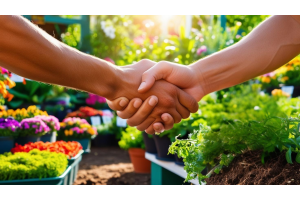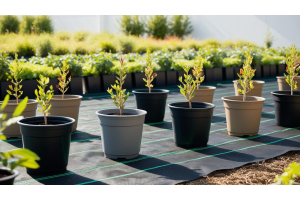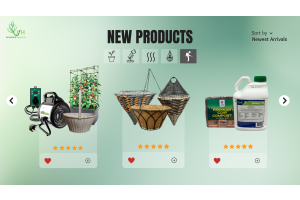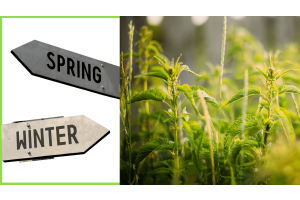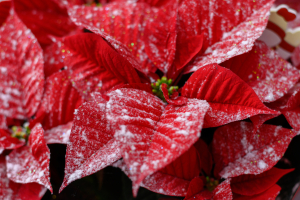Peat-free Growing
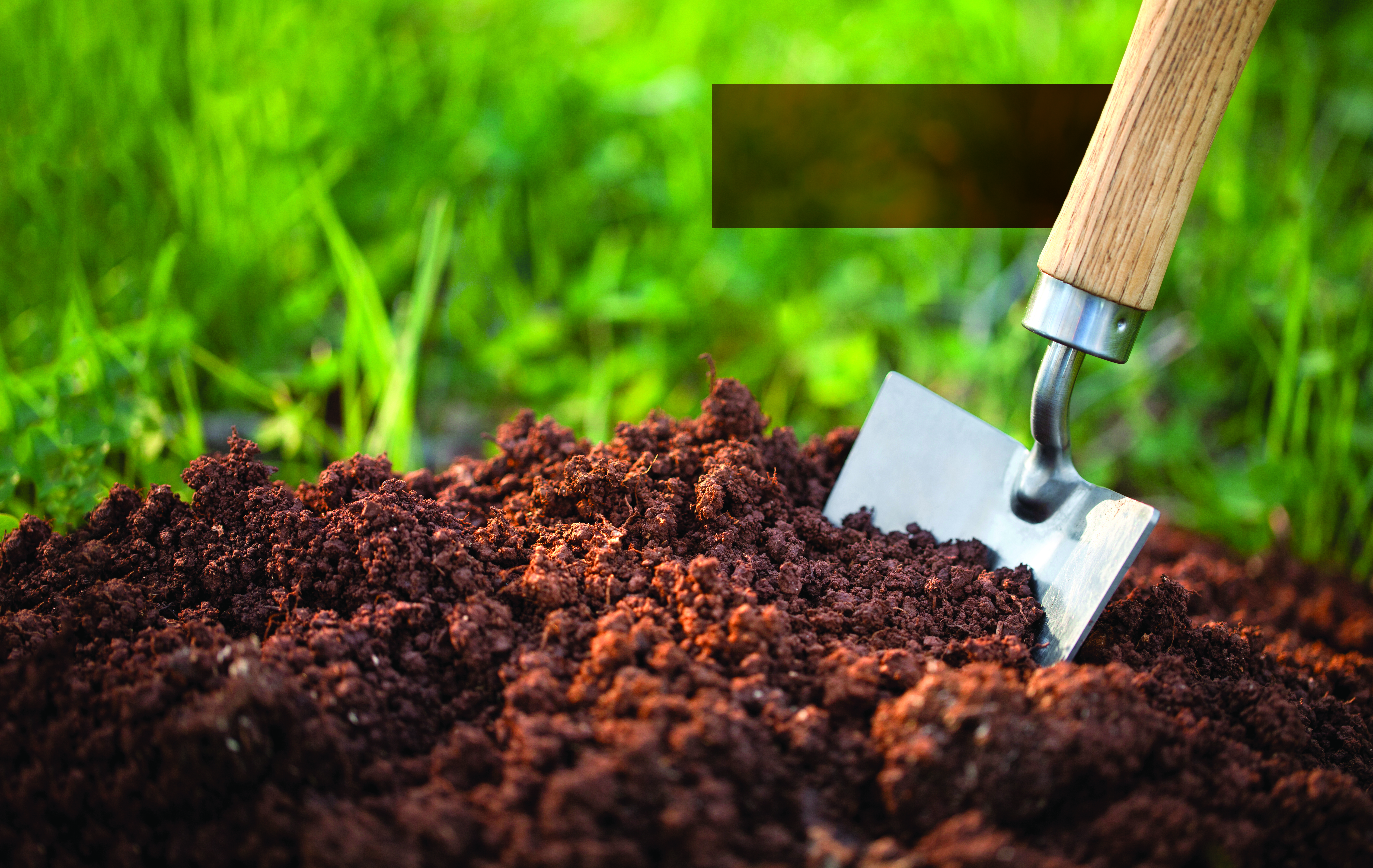
Why use peat-free compost?
Peat is primarily sourced from lowland raised bogs – an increasingly rare habitat in the UK and across Europe. In recent years, the need to conserve this diminishing natural resource has been recognised, as well as the flora and fauna that depend on it.
Compost manufacturers have responded to this by producing an ever-increasing range of peat-free growing media to grow plants in.
Peat-free and reduced-peat compost
Peat-free potting composts contain mixtures of organic materials – e.g. composted bark, coir (coconut fibre), woodfibre and green compost – mixed with inorganic materials such as grit, sharp sand, rock wool and perlite.
Completely peat-free media are said to be the best choice for the environment, but product consistency can be problematic, so many brands also offer ‘reduced-peat’ choices, blending into the formulation up to 50 percent non-peat materials.
Materials used in peat-free compost:-
Wood - Woodfibre, composted bark, sawdust, wood or paper waste
Coir - Coconut fibre or ‘coir’ is a waste product mainly imported from Sri Lanka
Green Compost - Many Local Authorities and private companies are collecting and composting green waste, the resultant green compost tends to have a high nutrient content and a high pH making it an excellent soil improver or mulch.
Locally Available Materials - Straw waste, wool waste, carpet waste and paper and cardboard production waste.
Home-made - Gardeners can mix well-rotted, home-made compost, leafmould and inorganic materials to make their own peat-free growing media
What to check when buying peat-free compost:-
- If the bag doesn't say peat-free then it most likely isn't
- Wording such as 'environmentally friendly', 'compost' and 'organic' can often confuse gardeners into thinking they are buying peat-free products
- A good quality peat-free growing media is usually a little more expensive. The price does tend to reflect quality.
- Check the label on the bag to see if it is recommended for particular plant groups (such as seed sowing or growing bedding plants)
- Read and follow any advice offered on the label of peat-free products as many need slightly different treatment (when caring for the plants growing in them) to peat. Pay particular attention to watering and feeding requirements as these do tend to differ
For more information or to purchase peat free compost speak to one of our Sales Team on 01270 212726.

